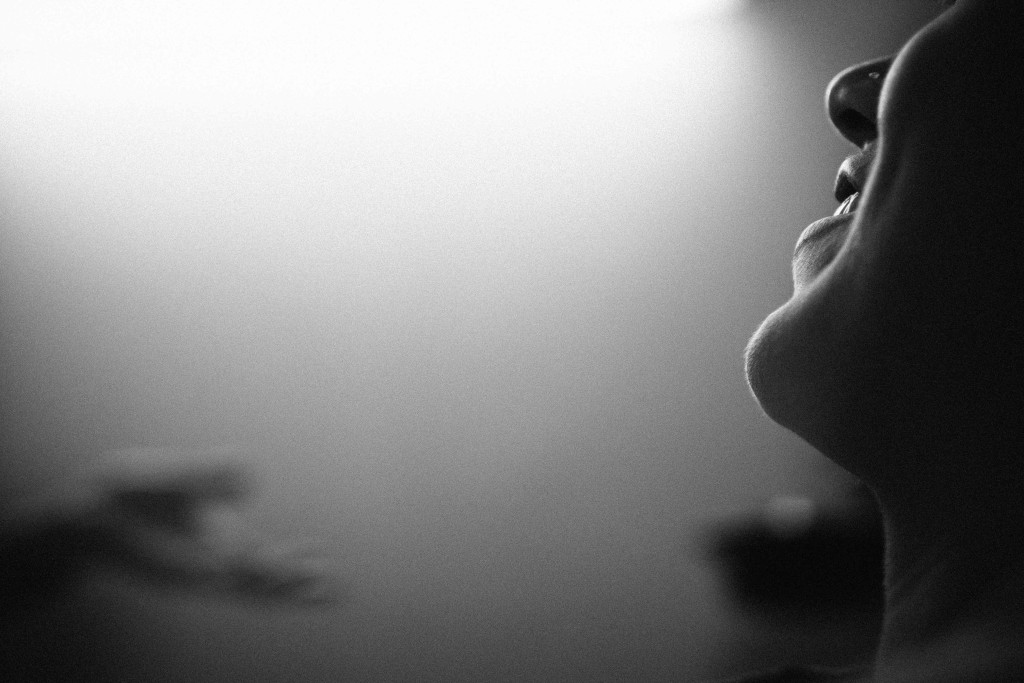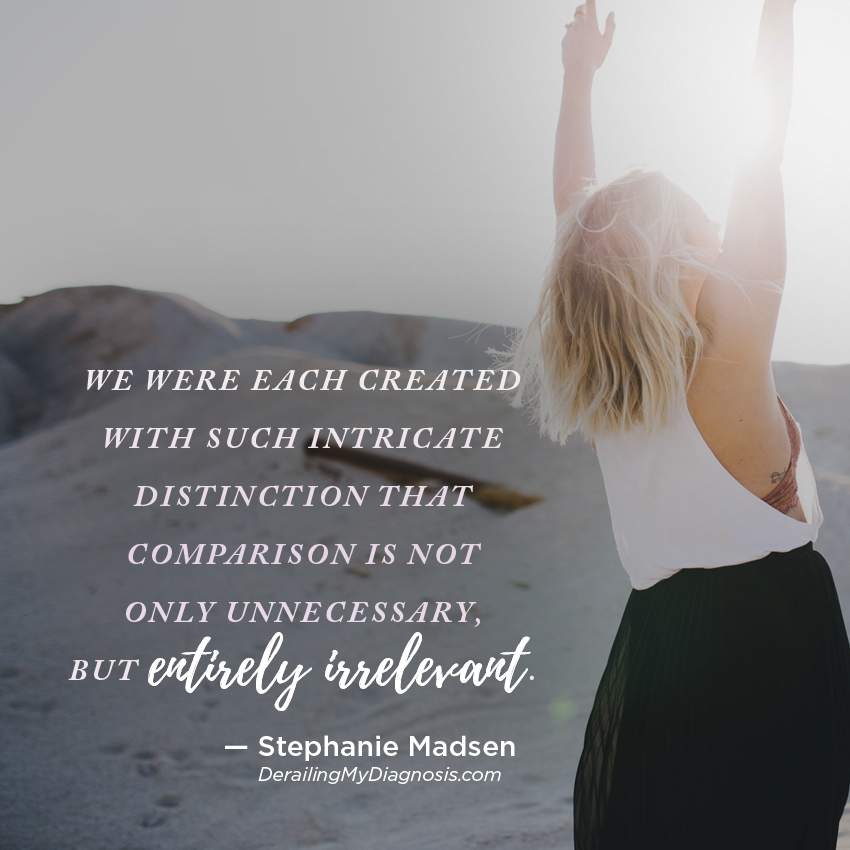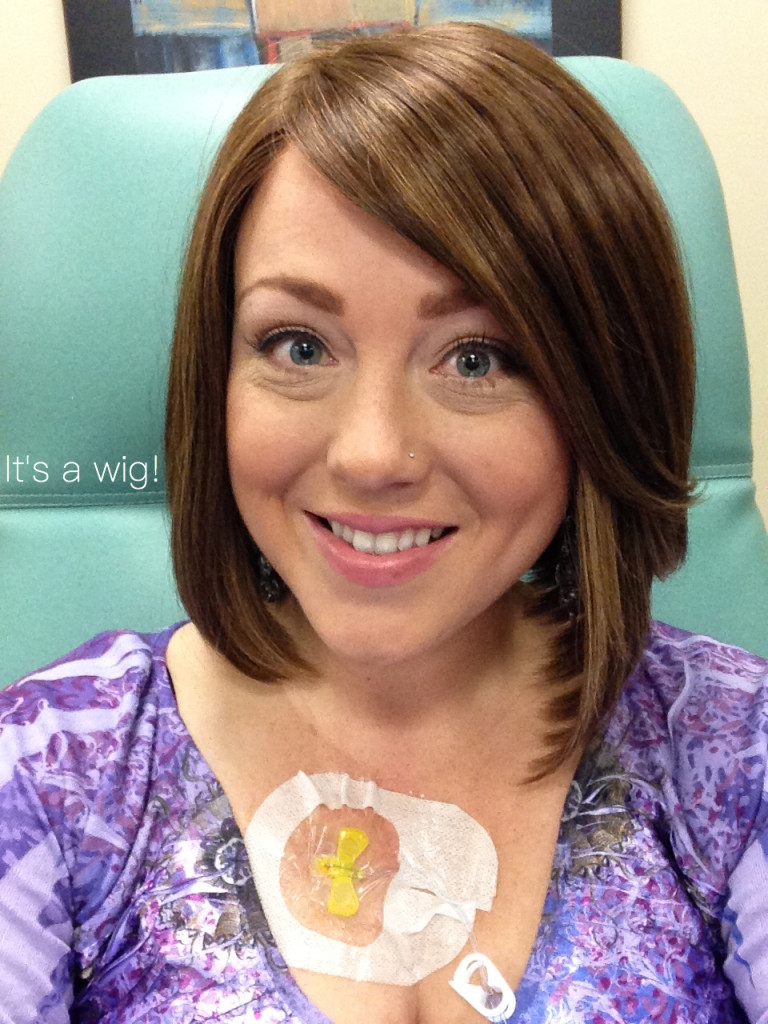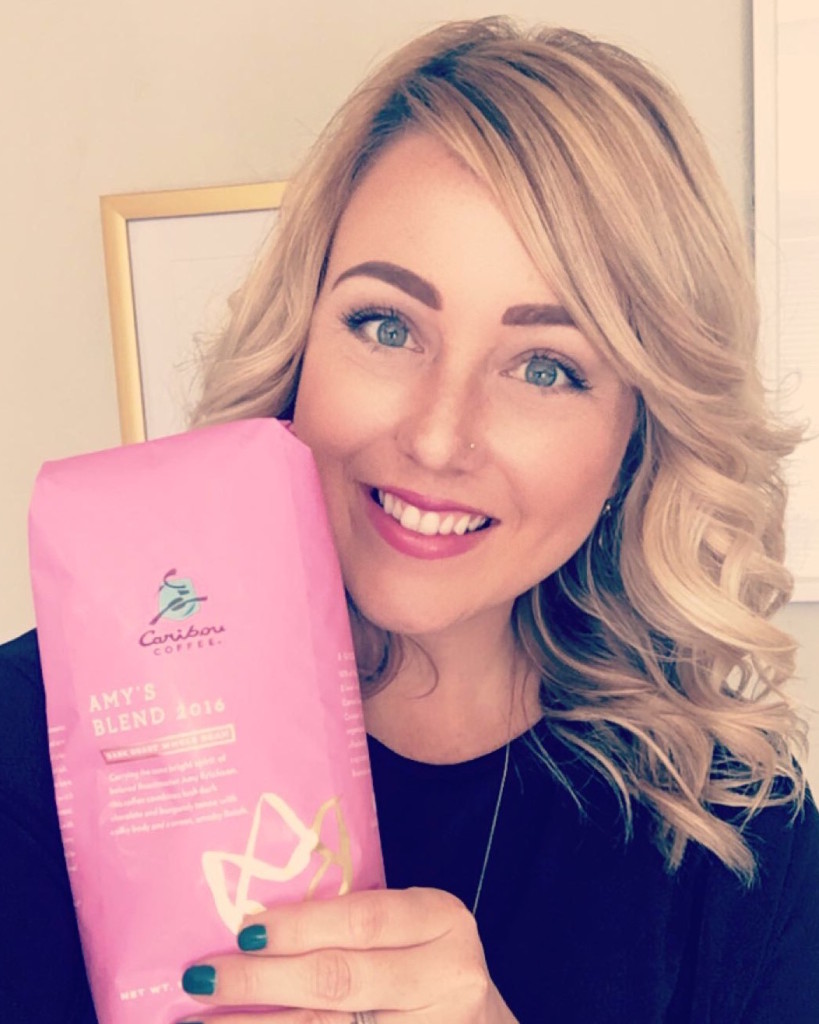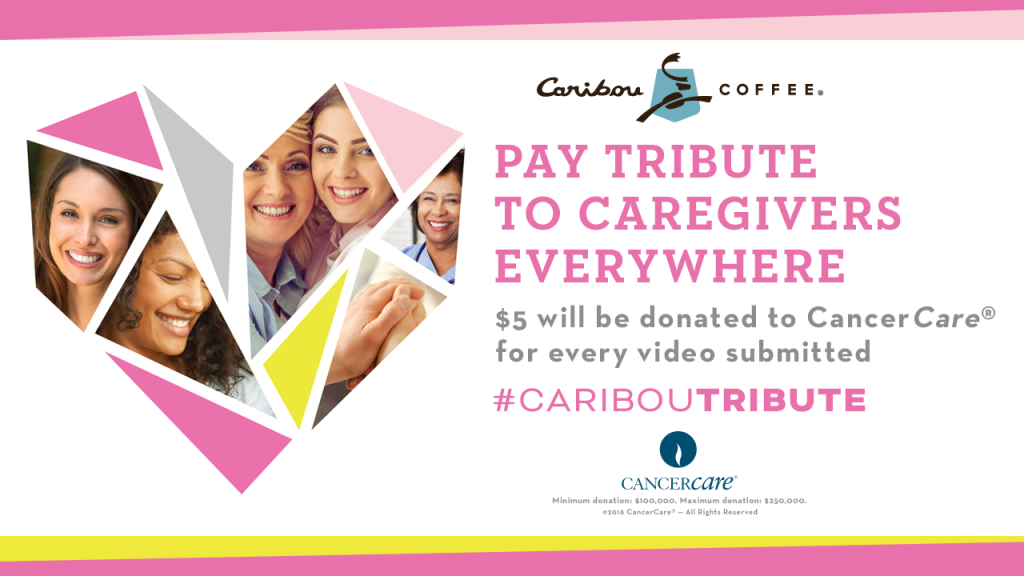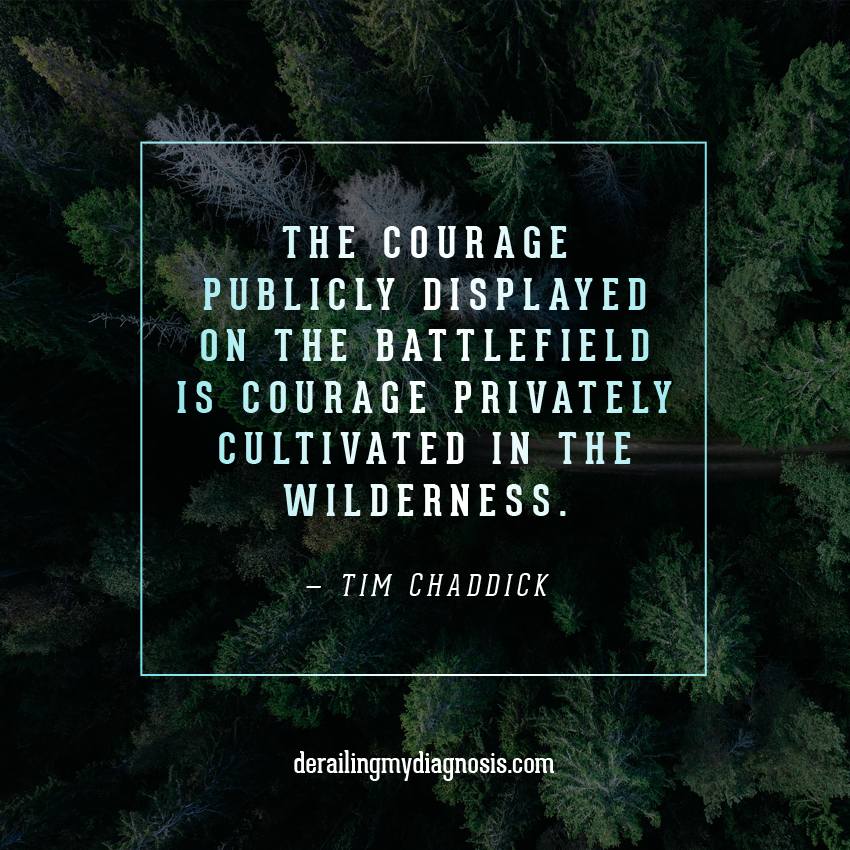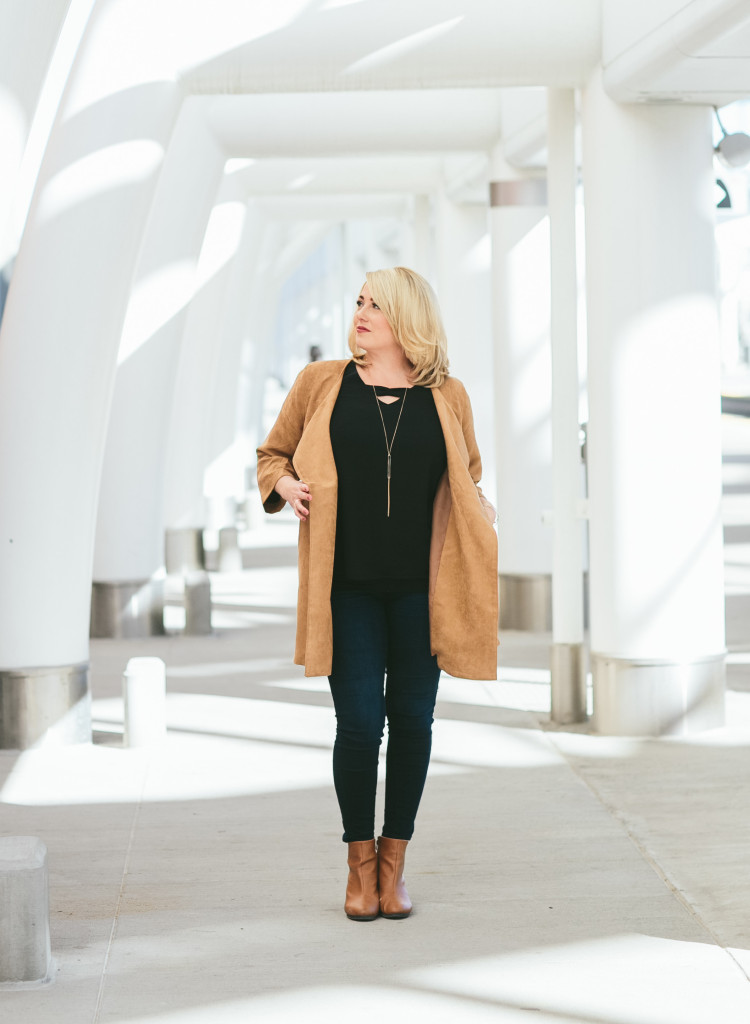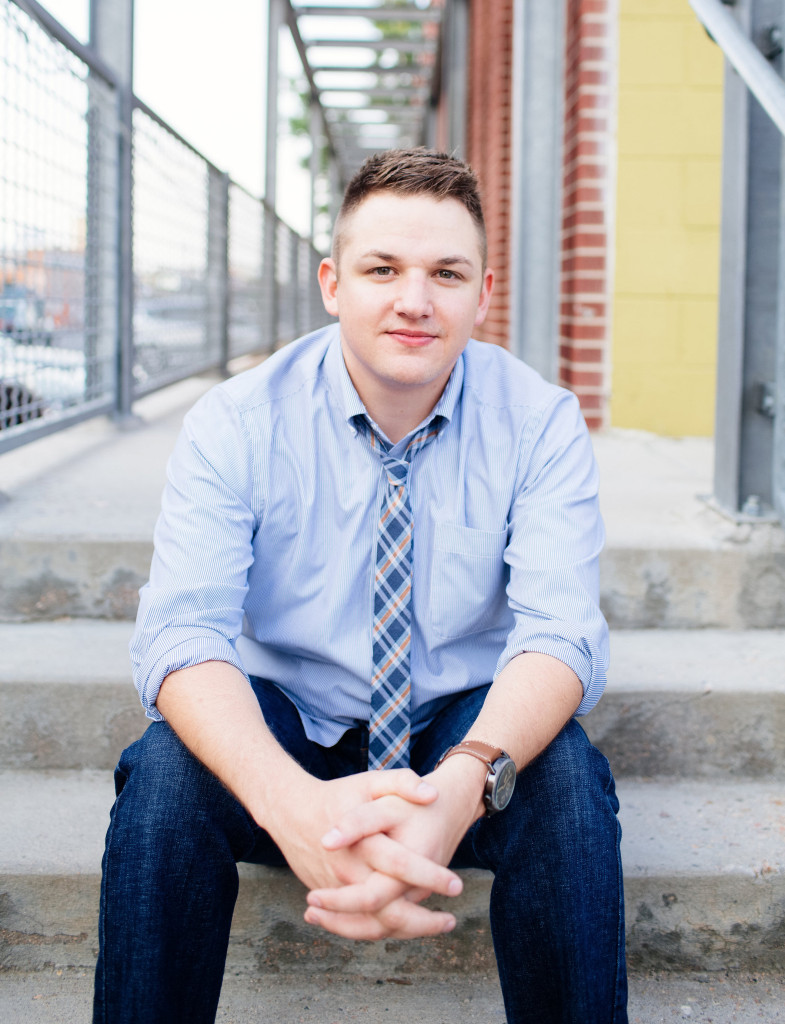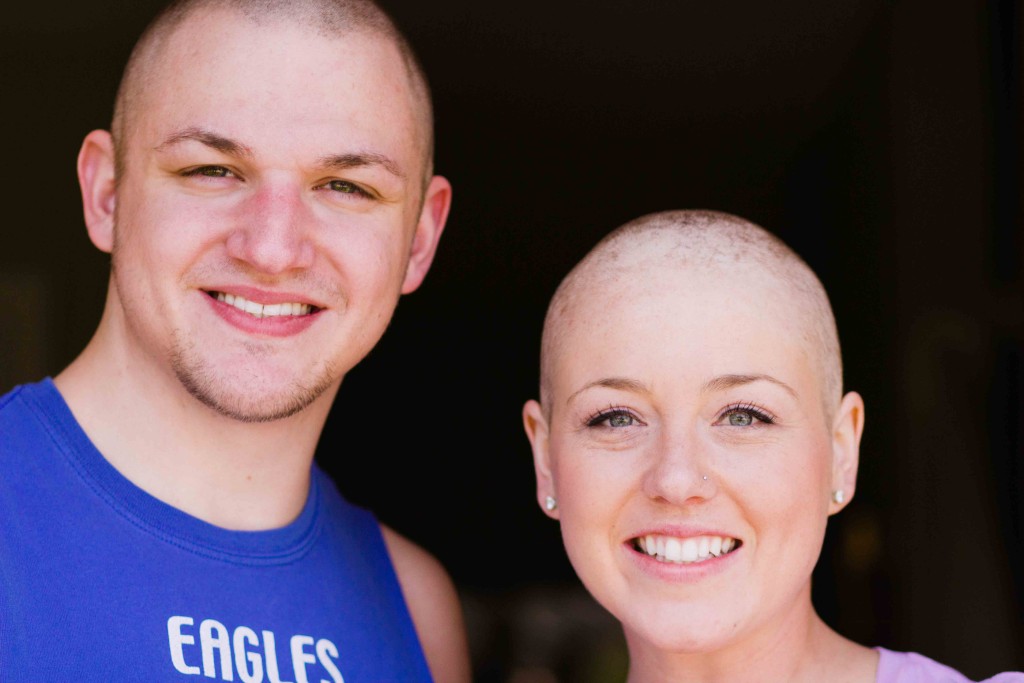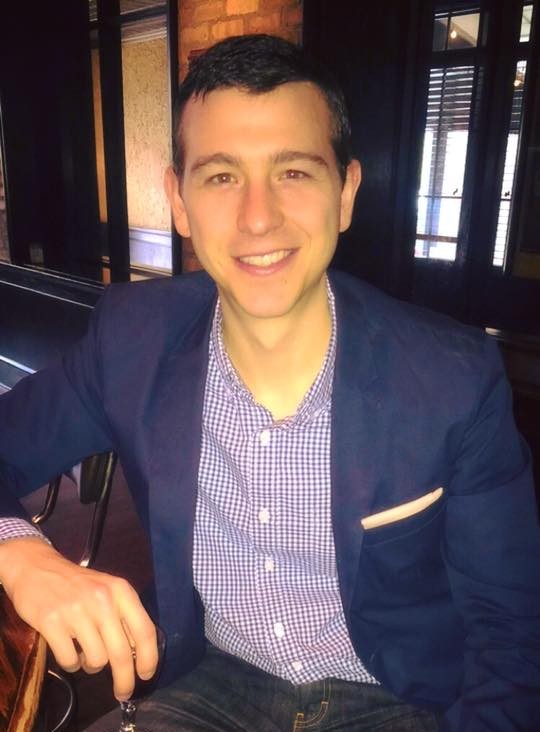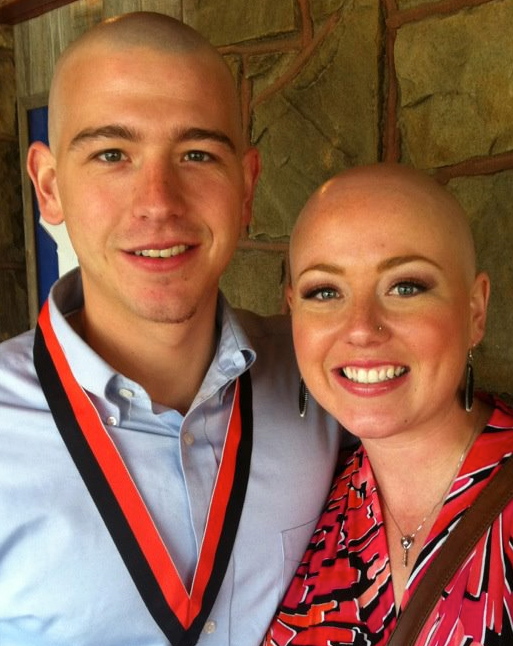
The transition between cancer and life-after isn’t as easy as I thought it would be. As I shared in my last post, celebrating my five-year cancerversary and two years NED (no evidence of disease) wasn’t as exciting and celebratory as I expected it to be. Now that the confetti from my two-year NED scan has settled on the ground, I find myself questioning what my goals are since being cancer-free can be checked off the list.
As you’ve probably noticed, my writing on this blog has diminished in frequency. I went from posting weekly, to now monthly. And to be honest, I struggle with being okay with that. I feel pulled between regularly writing on this blog and focusing on a much bigger and more pressing goal. I’m still trying to work out the kinks and pave a new path for what lies ahead, and it’s proving to be quite the task. Not only do I find myself juggling the grief and emotional triggers of surviving cancer, but I’m also juggling what most everyone does when one chapter closes and a new one opens. I’m navigating new waters, and it’s, well… new! (And scary, and overwhelming, and joyous, and wonderful, and all the feeeeeels!)
Many of you have asked about my future endeavors. From questions like, “What will you do now that you’ve gotten a second lease on life?” and “Are you still traveling and speaking?” to more pointed and direct questions, “Are you writing a book?” and “What happened to the adoption process?” I thank each of you for being so invested in my life. For following along this arduous and quite emotional journey of mine. For rallying beside me to support, encourage, and pray me through the most difficult years of my life. In all honesty, I couldn’t have done it without you… My team. And because you’re on my team, you deserve to know what’s next!
While I can’t share many details because I’m still trying to wrap my mind around and navigate the road ahead, I will answer both yes and no. Bear with me. I’m learning so many valuable lessons during this new season of life after cancer, but they aren’t all easy. I’m learning that release is as important as focus. I’m learning that I don’t give myself hardly enough grace, forgiveness, and mercy. I’m much too hard on myself and I place exorbitant amounts of pressure and expectation on my shoulders. I set myself up for failure more than I do success because my goals are vast and innumerable. This last lesson learned has been eye-opening and revelatory for this next chapter of my life. I’m learning that redirection, regrouping, and refocusing is necessary. And as cliche as it may sound, I’m learning that we are meant to live life, not life to live us.
Yesterday I found myself having one of “those” days. As usual, I woke up early to work out, then sat and had my coffee and quiet time, and began getting ready for my day. As the sun was shining and birds chirped outside my window, a dark and looming cloud settled over my spirit. I tried to push through my day and continue on with my list of to-dos, but I simply couldn’t get out of my funk. The worst part was that I had no discernible reason to even be in a funk at all. Life has been grand and wonderful and so much fun recently. So why was I on the verge of tears for an entire day? That night on a drive to the grocery store, Matt and I began to talk. Let’s be honest, it was more of me talking and him graciously and patiently listening. But in our conversation, I realized something. Some of the pressure I have put on myself has stemmed from a season that I have just stepped out of. And frankly, it doesn’t deserve a seat at the table anymore.
My fight(s) against cancer has brought tremendous blessing and opportunity. Through my chaos came my calling: to write and share about the deep dark pits of despair and use my platform as a way to encourage my readers to focus not on what we are facing, but instead through faith to find joy and hope amidst it all. To inspire you to look beyond your circumstance and see the beauty in the journey. I’ve been privileged to walk through cancer with such an abundant amount of support and am incredibly honored that you’ve celebrated each feat with me. But I’m realizing that cancer can’t have a seat at the table anymore and I must move on.
Am I causing more confusion than clarity?!
Derailing My Diagnosis was birthed with the mission of living life beyond cancer. It’s in the name… I am more than my diagnosis. There is much more life to be lived beyond the constrictions of a circumstance. And now that cancer is in the rearview, I need to continue with the mission. Because cancer isn’t the focus in my life anymore, it can’t be the focus in my life anymore. Are you with me? Frankly, I need to build healthy boundaries and cancer can’t steal my energy, focus, time, and emotional well-being any longer. I need to begin the process of compartmentalization. And cancer needs to be redirected.
All of this to be said, cancer will always be a part of my story. And as much as I wish I could put it in a box to be hidden away in a dark corner, it still affects me everyday. I will carry it with me forever. But my focus is shifting and if you haven’t noticed it already, you will. I will continue writing on this blog because it’s important to speak life into darkness and simply because I love it. However, from here on out, not every post will fit in the cancer category. I’ll be sharing life lessons and the truth that Jesus is speaking to me in the hopes that through my words He will speak to you, too.
Though cancer no longer will be the focus on my blog, it will be shining bright in another area of my life. This brings me to the answer of one of the most popular questions I receive. YES, I am writing a book, and NO, I can’t give details! It’s crazy and I still can’t believe it’s actually happening, but I’m thrilled for it and believe that God is preparing beauty through its pages. This book will encompass my journey to survival; The highs and lows, the grief and loss, the celebrations and, ultimately, the victory. It’s authentic, raw, and beautiful. And I’m believing that it holds treasure waiting to be revealed. I ask that you pray for me during this process.
So yes, life is changing and I’m entering a whole new season. My blog is shifting, my book is being birthed, and I’m still pinching myself that I’m actually alive to experience all of this. God is good. All the time.
Stay tuned. The best is yet to come!
Philippians 3:12-14 (MSG)
“I’m not saying that I have this all together, that I have it made. But I am well on my way, reaching out for Christ, who has so wondrously reached out for me. Friends, don’t get me wrong: By no means do I count myself an expert in all of this, but I’ve got my eye on the goal, where God is beckoning us onward—to Jesus. I’m off and running, and I’m not turning back.”
Photo: K Mitiska Photography


